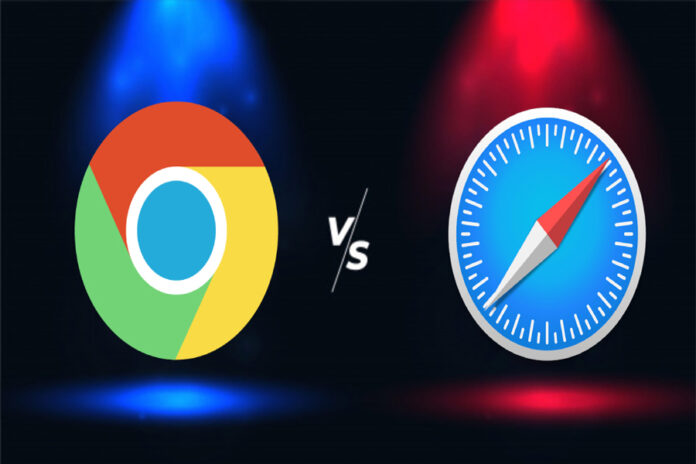Web browsers are famously complex pieces of software with a lot of demanding features. In turn, browser developers take performance very seriously, leading to one of the most competitive (friendly) rivalries in all technology.
Chrome’s code has many optimizations and even the way the code is compiled.
It has set a new record in Apple’s own browser benchmark test and is the fastest browser on macOS.
As claimed by the crown. But this is not just a victory for Apple computers, improvements can be felt on almost all versions of Chrome.
Apple’s speedometer benchmark was launched in 2014 to measure performance based on simulated real-world user interactions.
A standard for measuring performance in both browser and hardware.
Now in version 2.0, the highest widely reported score has been 277, held by Safari on a MacBook Pro.
Perhaps notably, the founder of the Orion browser claims it has hit 289 with the M1 Pro.
However, as of the M99 release of Google Chrome, the coveted 300 mark is finally broken.
Google attributes the new high score to a small list of changes.
Notably enabling ThinLTO to reap several small benefits from compiler optimizations.
Giving Chrome a speed boost of about 7% over Safari.
This leads to graphical performance increases to 15% with the implementation of pass-through decoders and out-of-process (OOP) rasterization.
Older improvements also have a significant impact on strengthening Chrome’s overall performance.
Google credits the new V8 Sparkplug compiler in the M91, introduced in 2021, for speeding up JavaScript operations by 23%.
The M1 Mac had a particularly impressive benefit from the implementation of short built-in calls.
This achievement on the Speedometer 2.0 benchmark may technically be dependent on Apple’s hardware reaching a new high score, but many of the improvements to Chrome’s codebase can be felt across all operating systems and hardware platforms.
In addition to the previously mentioned improvements, Chrome on Android is loading pages 15% faster due to prioritizing navigation over the UI thread and it launched 13% faster with last year’s freeze-dried tabs. Likewise, Chrome on Windows has recently given a boost to launch speed by changing the way it treats Windows interrupted by other Windows.
While it may not always be possible to identify whether Chrome is launching faster or running more efficiently, the differences are at least clear in testing.
As our browsers get faster, this enables web applications to grow in complexity and have more powerful features that would not have been appropriate to run in browsers many years ago.



